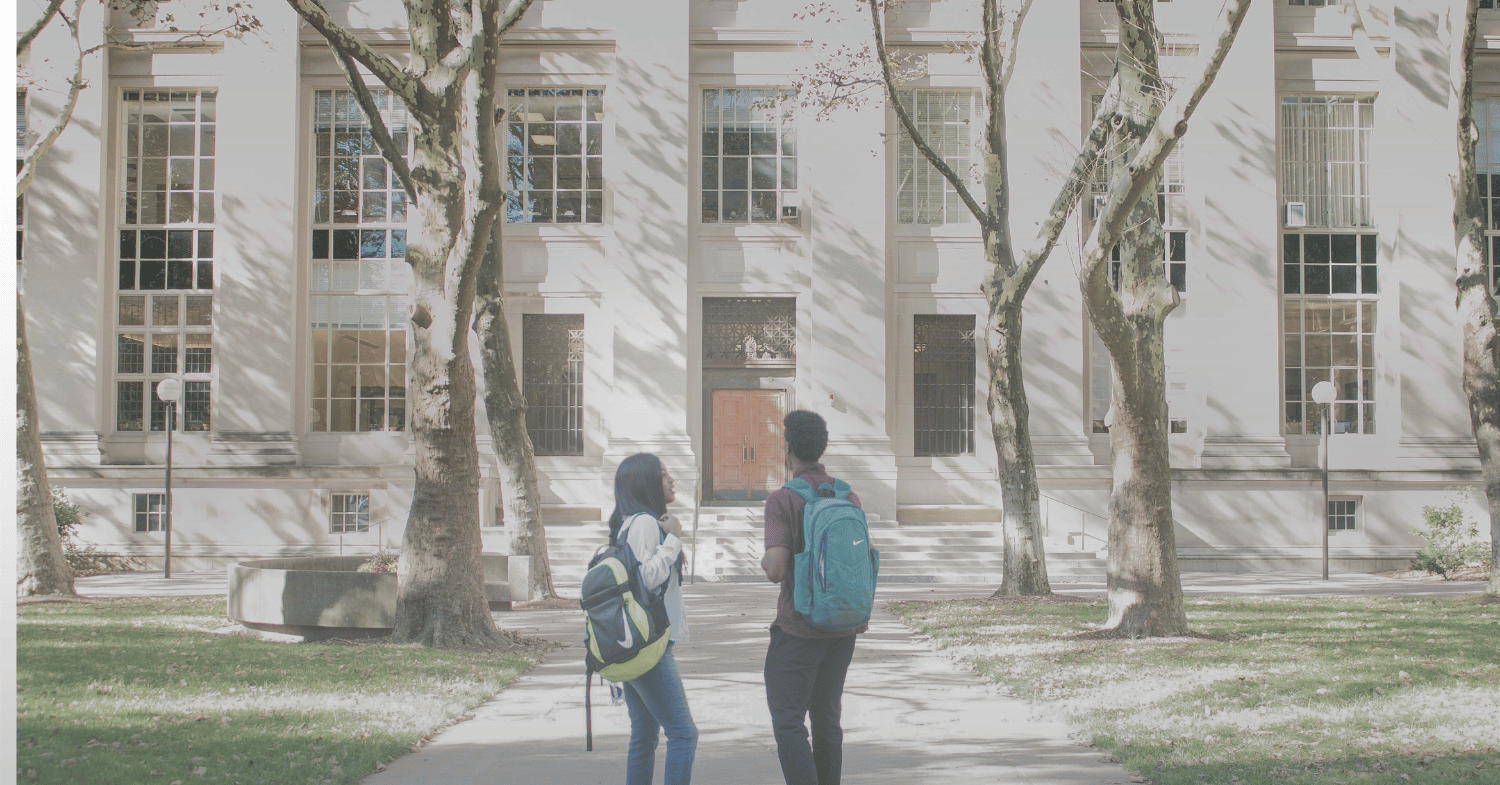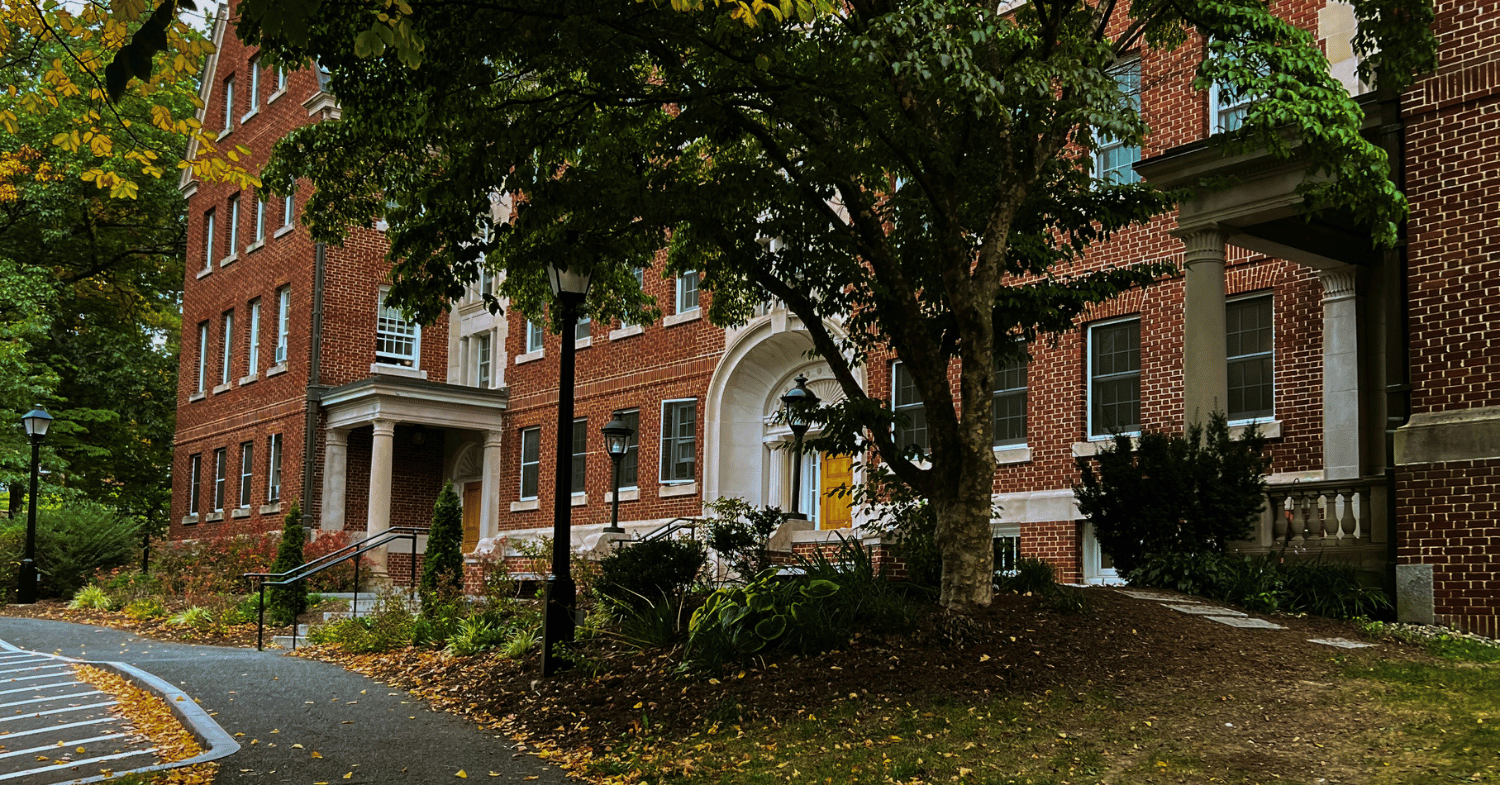What is a Liberal Arts degree? Career prospects and best Liberal Arts universities
In this article, you’ll discover the meaning, content, and benefits of a Liberal Arts degree, as well as the career prospects open to Liberal Arts graduates.
What is a Liberal Arts degree?
Definition
With its roots going all the way back to the Ancient Greeks, a Liberal Arts degree is a well-respected, multidisciplinary course that allows you to tailor your degree’s focus as broadly or narrowly as you wish, according to your interests. It spans subjects across the humanities, arts, and sciences, and encourages you to bring together different disciplines to inform your learning. As such, it’s the perfect choice for the intellectually curious and those who don’t wish to limit their options when it comes to choosing what to study. More than that, it is excellent preparation for many careers since it exposes you to a vast array of subjects and methodologies, and teaches you diverse skills that are transferable beyond the course.
Majors
One of the great attractions of a Liberal Arts degree is the range of disciplines it encompasses, from humanities and social sciences to natural sciences, arts, and formal sciences. As part of the degree, you could expect to study anything from art history and languages to law and chemistry; the possibilities really are endless! The huge advantage you have is that it’s your choice what you major in and your choice about what you supplement your major with. Most students like to take elective modules that don’t relate directly to their major discipline as this broadens their horizons and satisfies their intellectual curiosity for different subjects. It makes sense to adopt an eclectic approach to your Liberal Arts studies as this is your chance to pursue your varied interests—an opportunity not always shared by those doing single-focus courses.
Philosophy
It should go without saying that Liberal Arts degree courses demand a certain level of intellectual curiosity as they’re designed for those wishing to engage with a multitude of academic subjects and who wish to benefit from an interdisciplinary approach to their studies. They therefore place a lot of focus on the diverse transferable skills you will acquire by studying many and varied disciplines. Such skills can range from critical thinking abilities that cause you to reason and argue, and to distil information and use it discriminatively, to effective communication that enables you to convey meaning precisely and concisely to wide audiences. These are, of course, in addition to subject-specific skills like the capacity for interpretation gained from studying history, mathematical and economic skills allowing you to analyse numerically, or legal skills that will help you to take apart and form legal arguments on the basis of evidence.
Benefits of Liberal Arts education
Holistic development
By its very nature, a Liberal Arts degree will help you develop so many different competencies and equip you with a comprehensive knowledge base that will be applicable throughout your life and career. From analysing literary texts and mathematical data, to assessing the arguments of historians and senior judges, you will find a Liberal Arts degree provides you with a well-rounded grounding in most areas of human thought and progress. In addition, a Liberal Arts degree helps you to develop as a person, and Liberal Arts graduates are sought-after in the workplace for their capacity for tolerance, empathy, and teamwork, as well as their ability to see problems from different perspectives.
Critical thinking
Liberal Arts courses are an excellent way to hone your critical thinking skills as the subjects available as part of the degree will require you to analyse, evaluate, and use information to differing extents to form your own reasoned views. The judicious use of pre-existing and new knowledge to draw conclusions and make decisions is one the fundamental skills that underpin Liberal Arts courses, and will set you in good stead for further study and the jobs market later. Furthermore, Liberal Arts courses inculcate a creativity of thought that encourages you to look at issues critically from a variety of angles and to consider competing views—a skill that is highly valued in academia and the workplace.
Adaptability
An advantage of a Liberal Arts degree is that it’s ‘career-agnostic’, which means it’s appropriate and relevant training for so many career paths because of the skills it teaches you and the academic freedom it affords you when deciding what to study. A broad educational exposure is paramount in a volatile jobs market where adaptability is key and you need to demonstrate intellectual flexibility and the ability to thrive in unfamiliar fields. Having done a Liberal Arts degree shows you’re not afraid of the unfamiliar, that you have an open mind, and that you can cope with challenges and competing demands.
Communication skills
Communication skills form the basis of a Liberal Arts degree. Any subject you choose to study as part of the course will require you to articulate yourself effectively in both speech and writing. You will be called on to form views and to communicate these clearly to achieve maximum impact. You will be engaging with competing opinions around important issues, so the ability to debate constructively and to defend your points of view while listening to those of others is a key skill that universities will expect you to demonstrate and develop throughout the course. These are also some of the skills that are most transferable to the wider world where you’ll be faced with differences of opinion and the requirement to voice your own successfully.
What careers can a Liberal Arts degree lead to?
- Business and Management: Roles in marketing, fintech, human resources, consulting, and business analysis.
- Education: Teaching, educational administration, and academic advising.
- Media and Communications: Journalism, public relations, publicist roles, advertising, and content creation.
- Government and Public Services: Policy analysis, public administration, political scientist, thinktanks, police, and diplomacy.
- Law: Pre-law preparation, legal research, paralegal roles, advocacy roles, mediation, arbitration, and copywriting.
- Arts and Culture: Museum curation, arts administration, conservation, archivism, and creative writing.
- Non-Profit sector: Programme co-ordination, fundraising, grant writing, and community outreach.
Advice for students considering a Liberal Arts degree
Explore your interests
A reason for taking a Liberal Arts degree is because you don’t want to limit yourself to only one or two specialisms. Its purpose is to broaden your mind and to allow you free rein to pursue your intellectual interests and satisfy your curiosity. This being the case, before applying think about what you are currently interested in, but also what you would like to find out more about when you get there. This will help you to narrow down your choice of College according to what they offer and specialise in.
Don't be afraid to change your mind
A Liberal Arts degree allows you to change your major or even your career path without having to start over.
Variety and freedom are the hallmarks of a Liberal Arts education. This means that you’re encouraged to try new things and to discover new areas of interest without the fear that you are committing yourself to something you may not like. It’s OK not to like one of the courses—that’s perfectly normal—but the main thing is that you’ve delved into something unfamiliar and learned more about it and yourself along the way.
Get involved in extracurricular activities
Expanding your horizons is as much about what you do in the classroom as what you do outside it. There are innumerable opportunities at a Liberal Arts college to get involved with extra-curricular activities related to your subject and that will support your understanding of it, but also plenty of others that you should try out and that have no bearing on what you’re studying whatsoever. Make the most of the opportunities presented to you as it’s an unrivalled chance in life to take part in all manner of pursuits—you won’t regret it!
Network with alumni
A good way to find out about a college is to talk to people who’ve been there before you. The inside-track is always more useful than a prospectus as you’re hearing from the horse’s mouth what it’s really like to live and study there. Equally, an advantage of going to a Liberal Arts college is that they are usually small, and therefore their alumni networks are too. As a result, there is usually a continuing network of support long after you’ve left and you’ll benefit by keeping in touch with those you attended with, as well as those who came before and after you.
Take advantage of the Career Services office at your school
The very purpose of a careers service is to inform you about your next steps following school. They will be able to tell you more about colleges, degrees, and potential career paths, and may also be able to put you in touch with school alumni who have attended the same or a similar college, or studied the same subject. It’s therefore important to engage the careers service as early as possible to maximise the information you have at your disposal.
Best universities to study Liberal Arts in the US
Brown University
This Ivy League university with its ‘Open Curriculum’ has a well-respected international specialism supported by the Global Brown Center and Center for Language Studies, but it is also known to be strong in sciences (including computer science and political science) and mathematics.
University of Chicago
A good all-round university, reputed for its intellectual rigour and illustrious alumni, it is known to be strong in sciences, social sciences, mathematics, and the humanities, including law, economics, and psychology.
Amherst College
With small classes and a very open curriculum, Amherst offers multiple opportunities to pursue your academic interests to the highest level. While it has a strong scientific tradition (its Incubator Program trains students underrepresented in STEM subjects and its Moss Quantitative Center teaches data analysis), it offers extensive opportunities to study abroad and to design a more humanities- or arts-oriented degree course if you so wish.
Williams College
Humanities has a strong representation across most majors at this college, which also happens to use the Oxbridge tutorial system. Political science, economics, politics, and psychology are among the most popular majors, but arts students also thrive and draw on the resources of the College’s own Museum of Art and the nearby Massachusetts Museum of Contemporary Art and Clark Art Institute.
Swarthmore College
One of the oldest and smallest Liberal Arts colleges, Swarthmore excels in visual and performing arts, languages and literature, computer science, mathematics, and engineering. It puts great emphasis on academic self-direction and independence, allowing you to guide your own studies as you wish.
Wellesley College
Social sciences, physical sciences, psychology, and the arts are all held in high esteem here and attract the most ambitious female students. Its graduates have gone onto high office in the world of government, civil rights, science, and law, and it benefits from a brand-new Science Complex equipped with its own observatory and botanic gardens.
Bowdoin College
Pomona College
Claremont McKenna College
Washington and Lee University
Smith College
Conclusion
In summary, a Liberal Arts education offers you the chance to follow your interests, to develop new ones, to acquire and hone a multitude of skills, and to keep your options open. It’s the perfect course if you would like to study deeply and broadly, and don’t wish to specialise too early in your academic career.
While this is just a snapshot of what it involves, you can find out a lot more about the different courses and colleges by booking a 15-minute discovery session with A-List, in which we will offer you brief insight and what you need to do to apply for Liberal Arts degrees in the US.



